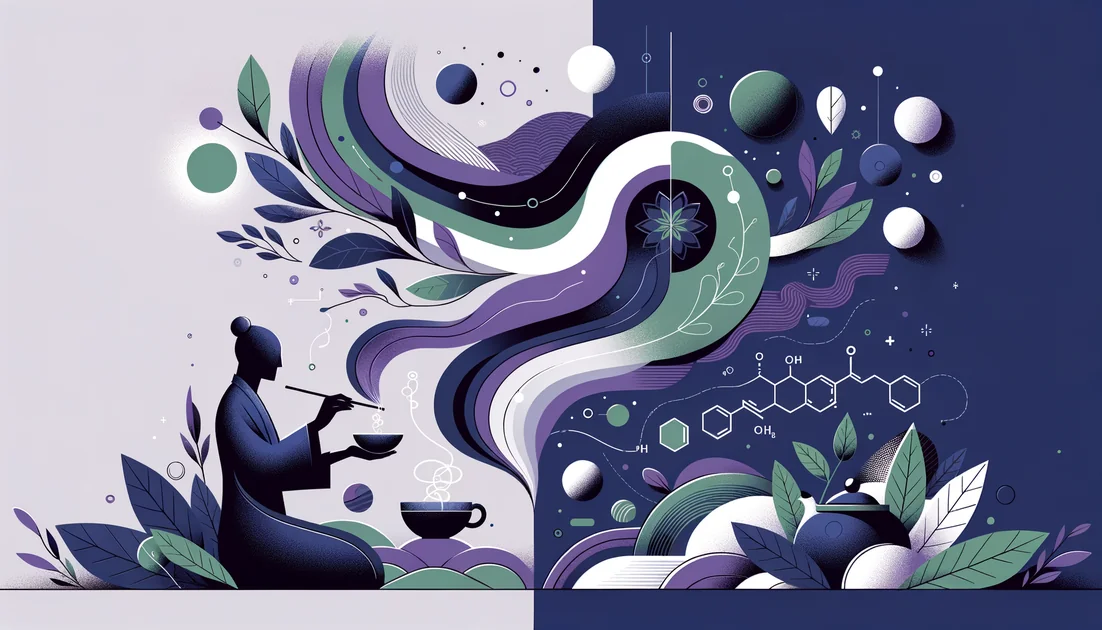
Calm Without the Brake: How a Tea Molecule Trains the Mind to Relax and Focus
Picture a Zen monk whisking a bowl of tea at dawn. The ritual looks serene, yet what it delivers is not sleepiness—it's calm alertness, the paradox many of us crave in a noisy world. Scientists went hunting for the molecule behind that feeling and found L-theanine, tea's quiet signature.
- Evidence
- Promising
- Immediate Effect
- Within 30–60 minutes for a sense of calm alertness (EEG alpha increases). → 1–3 hours post-dose for acute calm; 3–4 weeks for baseline stress/sleep improvements in daily life.
- Wears Off
- Acute effects wear off within hours; crossover RCTs with 2-week washouts suggest baseline gains do not persist after stopping (inference from study design).
From teahouse to test tube
In 1950, chemist Yajiro Sakato peered into a green tea extract and spotted something new. "The author discovered a new amide in the water extract of Japanese green tea, and named it 'theanine'," he wrote, introducing a compound that would become the modern wellness world's favorite calm-focus ally.[1] Tea artisans had long described a relaxed clarity after shaded teas like gyokuro and matcha—useful for meditation and meticulous work. Researchers translated that feeling into lab measurements: after taking L-theanine, healthy adults show stronger alpha brain waves—the brain's "calm attentive" idling pattern—within about an hour.[2] In a pandemic-era trial, a single 200 mg dose increased frontal alpha power and eased stress hormones during an acute challenge, a physiological signature of relaxation without sedation.[3]
The paradox that makes sense
If stress is your body's fire alarm, caffeine is a spark and L-theanine is the hand on the dimmer. A nutrient drink containing L-theanine dampened subjective stress within an hour and blunted cortisol a few hours later; brain imaging showed stronger "settled" rhythms, especially in anxious participants.[4] Over four weeks, 200 mg per day reduced self-rated anxiety and improved sleep quality in healthy adults, with small boosts to word-finding and executive function—the mental control system that lets you switch tasks smoothly.[5] Yet science rarely grants simple victories. In boys with ADHD, a sleep study using wrist actigraphy found 400 mg per day improved objective sleep efficiency—but not every sleep measure changed, and parents didn't always notice what the sensors did.[6] And when it comes to attention, several rapid-onset studies show that pairing L-theanine with caffeine can sharpen task-switching and reduce susceptibility to distraction within 60–90 minutes.[7][8] But Europe's regulator took a hard look and ruled that black tea's attention benefits are best explained by its caffeine, not its theanine—an important reminder to keep enthusiasm tethered to data.[9] Earlier, EFSA also found the evidence insufficient for standalone theanine claims on stress, sleep, or cognition.[10]
"The Panel concludes that.. black tea improves attention.. [and] the effect.. can be explained by its caffeine content."[9]
This tension—promising trials vs. cautious regulators—doesn't cancel theanine's story; it clarifies it. Theanine appears to tilt the nervous system toward calm and, in some contexts, helps attention—especially alongside caffeine—but the size of the effect and when it shows up depend on dose, timing, and the person.
What actually happens under the hood?
Theanine slips past the brain's security checkpoint and acts like a gentle counterweight to excitatory signals, nudging networks toward a steady, eyes-open quiet.[2][3] Think of caffeine as widening the spotlight of attention; theanine helps dim the glitter at the edges so the target stands out. In an fMRI study, theanine (with or without caffeine) sped responses while dampening brain activity to distractors—less mind-wandering noise, more signal.[11] In real-world stress, the effect can be bodily, too. When people with higher baseline blood pressure faced math and cold-pressor challenges, L-theanine blunted the typical surge in blood pressure more than caffeine did, a small but concrete shift in the body's reaction to challenge.[12]
A few true stories from trials
- In a six-week, double-blind ADHD study, actigraphy showed boys taking 400 mg/day theanine had higher sleep efficiency vs. placebo, and treatment was well tolerated.[6]
- In a four-week crossover trial of healthy adults, nightly 200 mg doses lowered trait anxiety scores and improved several Pittsburgh Sleep Quality Index subscales compared with placebo.[5]
- Not every clinical condition responds: an eight-week adjunctive trial in generalized anxiety disorder (450–900 mg/day) did not beat placebo on the primary anxiety scale, underscoring that theanine is not a stand-alone anxiolytic medication.[13]
Making the paradox useful
Here's how readers often translate the science into everyday steps:
- For a deadline focus window: 100–200 mg L-theanine taken with a moderate caffeine dose (about 40–100 mg) 30–60 minutes before cognitively demanding work. Several RCTs found faster, more accurate task-switching at this timing, particularly for the combo.[7][8]
- For stress and sleep: 200 mg in the evening for at least four weeks improved self-rated anxiety and sleep quality in healthy adults; some trials used 400 mg/day in divided doses.[5][6] Acute calm can still appear within hours, but baseline benefits tend to show after sustained intake.
- If you're sensitive to jitters: theanine may smooth the edges of caffeine; some fMRI and behavioral data align with "less distraction, same alertness."[7][11] Practical note: most human studies use pure L-theanine (often labeled Suntheanine or similar). Tea itself contains both caffeine and theanine, but amounts vary by cultivar and brewing.
What experts and elders remind us
Sakato's plain sentence marks the starting line: "named it 'theanine'."[1] Decades later, a modern clinical team concluded, "L-theanine has the potential to promote mental health in the general population with stress-related ailments," careful to say potential, not panacea.[5] Regulators, for their part, insist on strict thresholds: black tea can claim attention benefits "owing to its caffeine content," but not to its theanine—at least not yet.[9][10]
Where the trail leads next
Recent reviews suggest theanine may help specific psychiatric symptom clusters (e.g., anxiety in schizophrenia) and sleep disturbances, but call for larger, better-controlled trials to map who benefits and how much.[14] A 2024 meta-analysis across 18 RCTs found small yet significant improvements in subjective sleep quality and daytime dysfunction, while noting too few studies used "pure" theanine alone—future work needs to isolate it cleanly.[15] In other words: we're getting better at describing calm alertness in numbers. The lived experience—the monk at dawn, the coder at midnight—now has biomarkers and timelines. But the most honest conclusion is measured: L-theanine helps many people feel calmer and steadier, often within an hour, and may gently support sleep and attention over weeks, especially when paired thoughtfully with caffeine. That's not magic. It's training the mind's spotlight to glow without glare.
—
[1]: Sakato Y. Studies on the Chemical Constituents of Tea. Part III. On a New Amide Theanine. 1950.
[2]: Nobre AC et al. L-theanine and alpha brain waves at 50 mg (EEG). 2008.
[3]: White DJ et al. Single 200 mg L-theanine increased frontal alpha and lowered cortisol during stress (triple-blind RCT). 2021.
[4]: White DJ et al. L-theanine-based drink reduced subjective stress and cortisol; increased resting alpha in high-trait anxiety (MEG RCT). 2016.
[5]: Hidese S et al. Four weeks of 200 mg/day improved anxiety, sleep indices, and some cognition in healthy adults (crossover RCT). 2019.
[6]: Lyon MR et al. Boys with ADHD had higher sleep efficiency on 400 mg/day (DBPC RCT). 2011.
[7]: Owen GN et al. 100 mg theanine + 50 mg caffeine improved task switching at 60 min (DBPC RCT). 2010.
[8]: Haskell CF et al. 100 mg theanine + 50 mg caffeine sharpened attention and memory within 60–90 min (DBPC RCT). 2008.
[9]: EFSA 2018: Black tea improves attention "owing to its caffeine content."
[10]: EFSA 2011: Evidence insufficient for standalone theanine claims on cognition, stress, or sleep.
[11]: Kahathuduwa CN et al. Theanine (± caffeine) reduced neural responses to distractors and sped target responses (fMRI). 2018.
[12]: Yoto A et al. Theanine blunted stress-induced blood pressure spikes vs. caffeine (RCT). 2012.
[13]: Sarris J et al. Adjunctive L-theanine did not outperform placebo in GAD (DBPC RCT). 2018.
[14]: Systematic review across mental disorders suggests symptom reductions in schizophrenia, anxiety, and ADHD, with calls for more trials. 2025.
[15]: 2024 meta-analysis: small improvements in subjective sleep metrics; need more "pure theanine" trials.
Key takeaways
- •A single 50–200 mg dose can elevate alpha brain waves within 45–180 minutes, aligning with a calm-attentive state.
- •For focus, 100–200 mg about 30–60 minutes before work is common; for stress/sleep, 200–400 mg per day (often split) over several weeks mirrors trials.
- •L-theanine pairs well with caffeine for smoother attention and can blunt stress-induced blood-pressure spikes compared with caffeine alone.
- •Four weeks at 200 mg/day reduced trait anxiety and improved subjective sleep quality in healthy adults (promising evidence).
- •Caution if you have low blood pressure or use antihypertensives; monitor how you feel and adjust timing and dose accordingly.
You might also like
Explore more of our evidence-led investigations, comparisons, and guides across every article style.
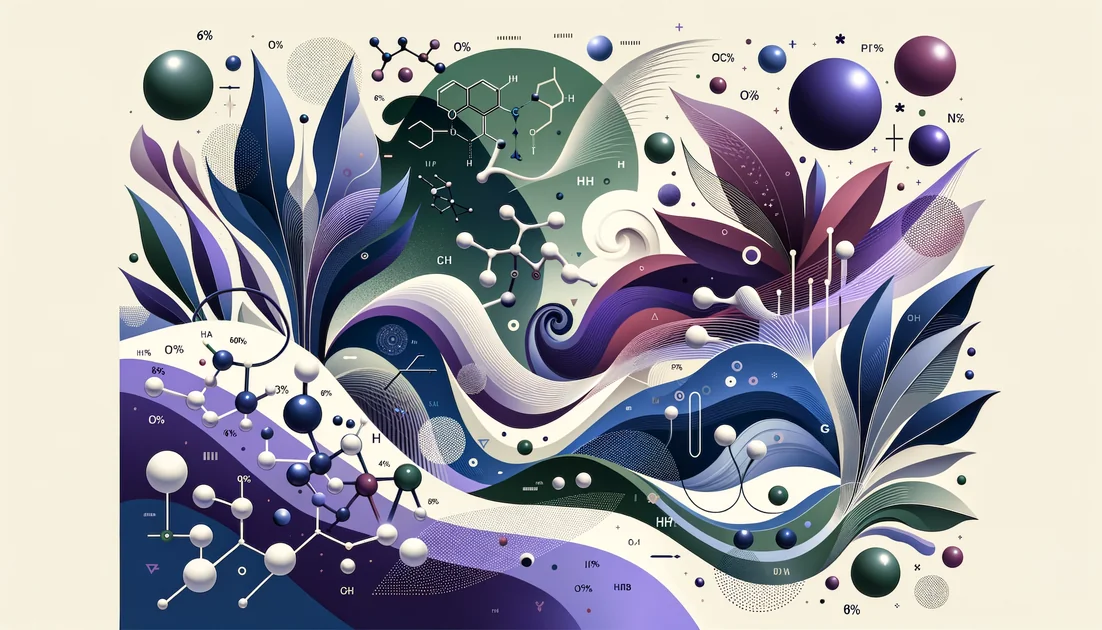
Life Extension
Life Extension's paradox: quality-control muscle, request-only proof, and a cleaned-up regulatory trail
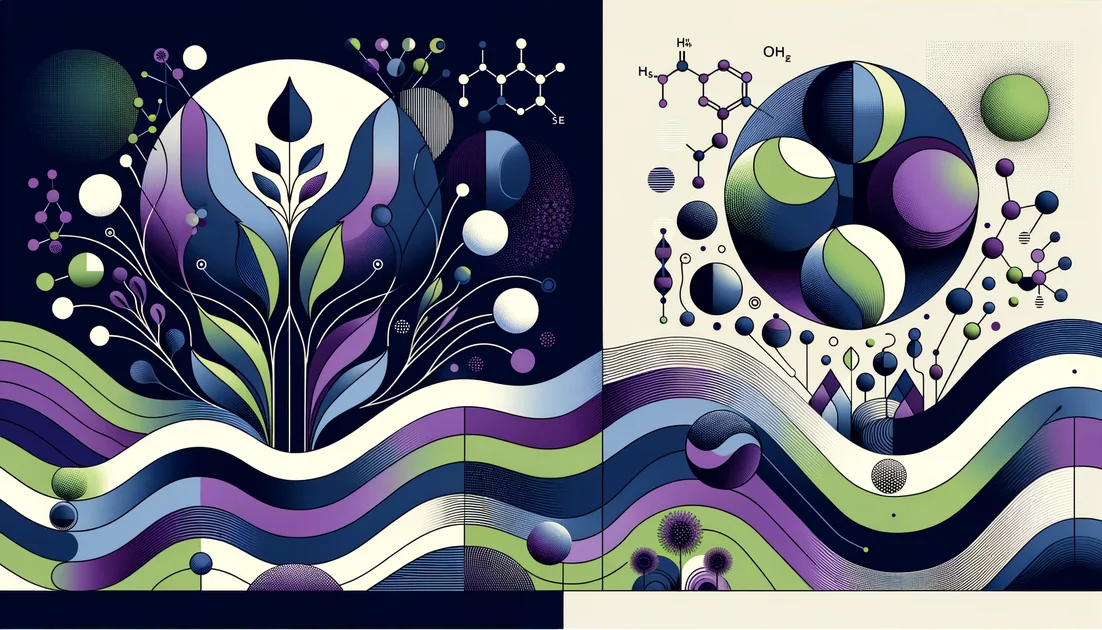
Theobromine vs TeaCrine (theacrine)
For smooth, long-lasting, low-stimulation energy, choose TeaCrine 100–200 mg in the morning; it shows sustained subjective energy without HR/BP spikes. Pick theobromine only if you want the mildest CNS effect and lowest "buzz," but expect little measurable energizing benefit. [1][2][7]
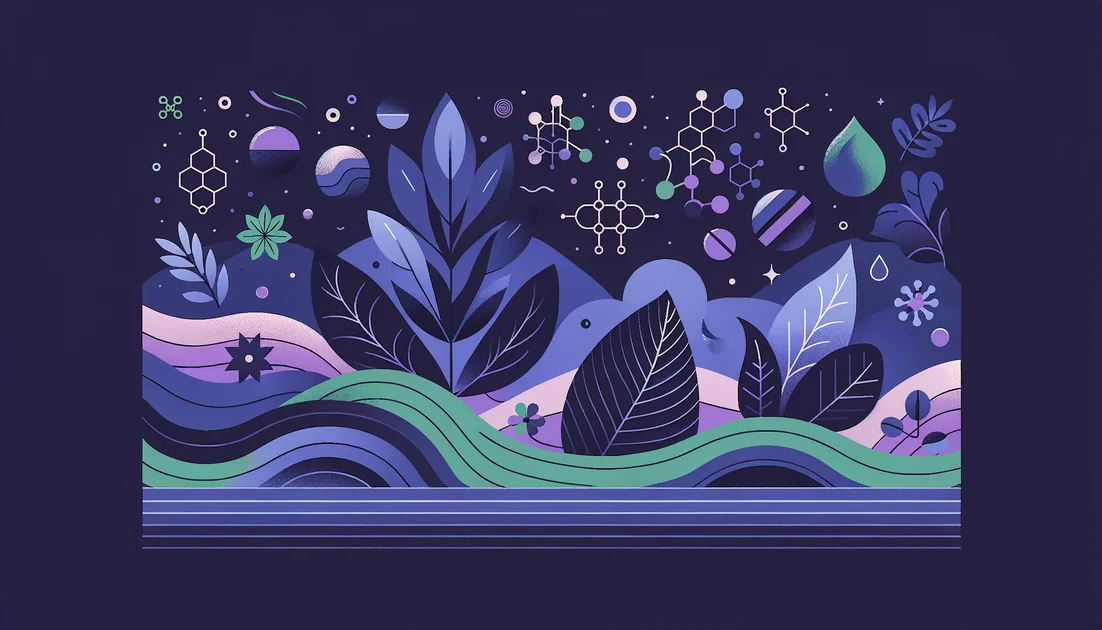
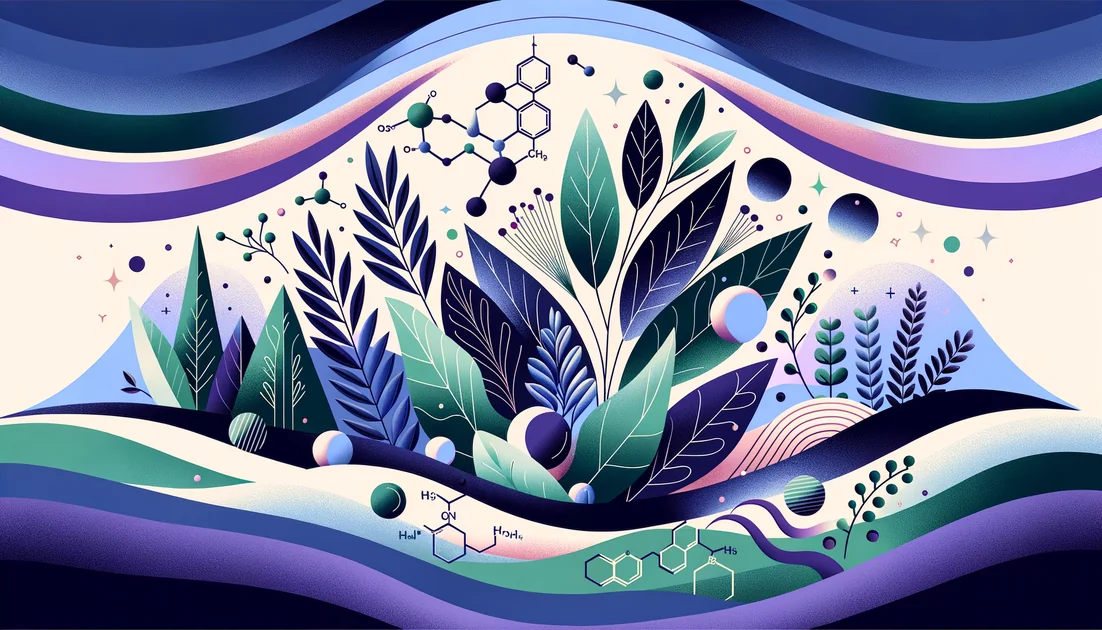
Alpha-Lipoic Acid (ALA)
A molecule once scraped from mountains of animal liver now sits in a small amber bottle on your counter. It's hailed as a "universal antioxidant," studied in diabetics' nerves, and even trialed in multiple sclerosis. And yet, in a twist worthy of a detective novel, this antioxidant has, on rare occasions, triggered dangerous bouts of hypoglycemia. What is alpha-lipoic acid really good for—and where does the evidence draw the line?
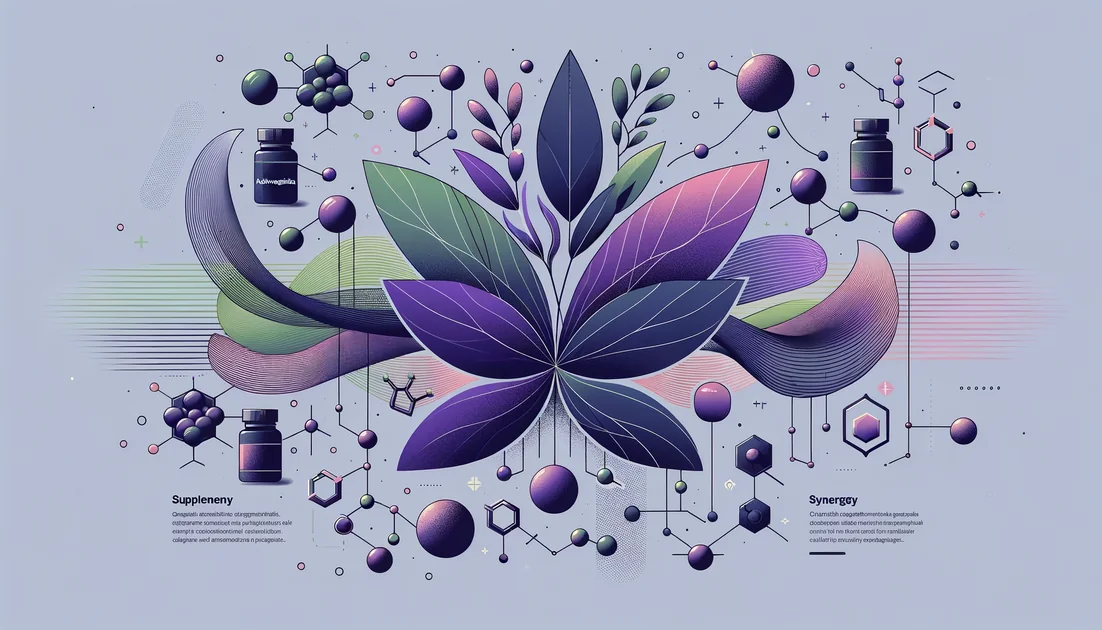
Ashwagandha + Rhodiola: Calm Energy or Just Hype?
Dual-core, theoretical synergy: good rationale, solid solo data, but no head-to-head Ashwagandha+Rhodiola trials yet.

Tocotrienols
The stealthier cousins of vitamin E—built with springy tails that move differently in cell membranes and behave differently in your body.
